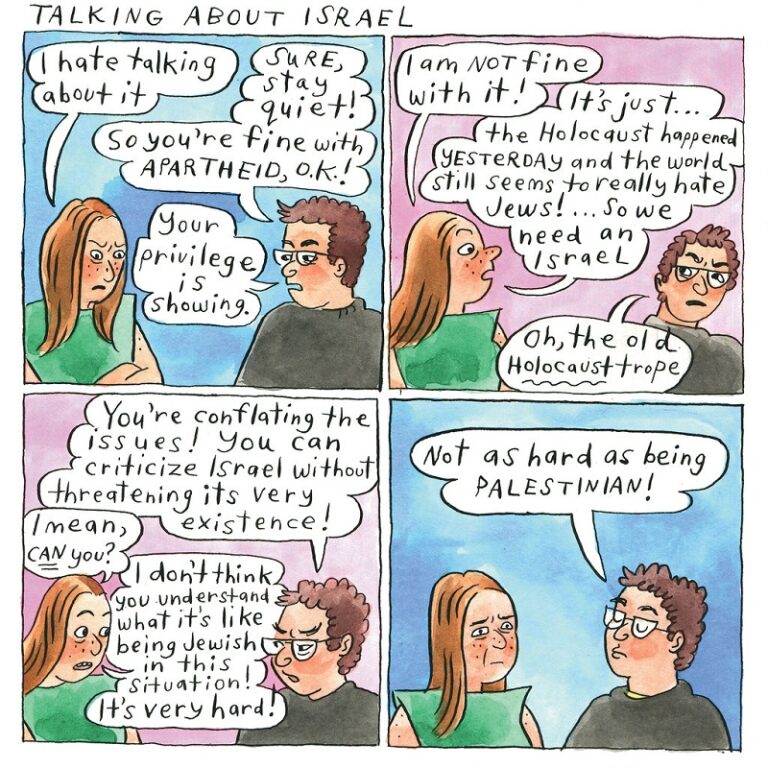The Israeli government’s treatment of Palestinians is condemned by many Jews, and Crikey readers have no qualms about adding their voices.
Deb Campbell writes: “Does being anti-Israel mean you’re anti-Semitic? Discuss”. No, it does not, and the International Holocaust Remembrance Alliance (IHRA) definition is problematic, as Michael Bradley points out. To be prevented from making observations as set out in several of the examples listed in the IHRA is akin to being prevented from saying that what the German government was doing after 1933 was not anti-Semitic.
As someone who grew up as a fervent supporter of the state of Israel — educated first by a diet of Leon Uris as a teenager — I continued to study the issue and have changed my view over the years as a result of wide further reading. I am not anti-Semitic. I am opposed to many of the current policies and practices of the state of Israel, and what it is doing to the people of Palestine.
I think there is — or at least there can be — validity in this statement: “Drawing comparisons of contemporary Israeli policy to that of the Nazis.” I would seriously like to read and discuss how precisely the current Israeli behaviour in Palestinian settlements is different materially from the Nazis seeking “lebensraum” (the territory which a group, state or nation believes is needed for its natural development) in eastern Europe in the 1930s and ’40s. Over the years I have sought to discuss this but it seems it’s not something many are prepared to address.
Open debate is surely preferable than enforced censorship, a serious concern in the university context I would have thought. As a graduate of both Melbourne and Monash universities, I would not have accepted when a student, and do not now accept, this imposed restriction on discussion and discovery, and reject their acceptance of this inhibition of intellectual debate. The IHRA definition should be rejected or significantly amended before endorsement.
Read the different opinions in Crikey.

